“Wellness is a connection of paths: knowledge and action.” – Joshua Holtz.
This quote by Joshua Holtz speaks to the heart of this article. The knowledge of how you should be living your life is not enough. It takes action and commitment to make the changes necessary in order to achieve wellness. If you are wondering about how to improve your wellness by connecting knowledge and action, here are some basics to get you started.
Knowledge without action and action without knowledge are both useless.
But first, let’s discover exactly what wellness is.
- "Wellness is a connection of paths: knowledge and action." – Joshua Holtz.
- What is wellness?
- How are knowledge and action defined?
- Discovering the power of knowledge
- What is the knowledge to action KTA Framework?
- The action cycle
- Self-care as a means to an end – taking care of ourselves so we can take care of others
- Taking action to prevent illness and injury
- Creating a wellness plan that works for you
- How to put your knowledge into action?
- Finding support from others in your community
- Living life with purpose and meaning
- Final words on the relationship between knowledge and action
- Is Intelligence linked to improved health?
- How does poor nutrition affect intelligence?
- References:
Want the perfect academic resource for your studies?
This all-in-one resource is perfect for any person who wants to take charge of their academic journey.
The bundle includes a total of 7 printables, each equipped with multiple worksheets, trackers, and expert advice.
What is wellness?
Wellness is a condition of optimal health in which the physical, emotional & spiritual dimensions are functioning within normal ranges. Achieving wellness means that we are taking active, regular steps to improve our health and well-being.
Having knowledge about what you should do is simply not enough on its own. Undeniably, we need both knowledge and action to achieve optimal health.
Here’s a self-care planner to improve your wellness, health and happiness. This resource will boost your productivity, gratitude and fitness.
How are knowledge and action defined?
Knowledge: is information or awareness of a situation or event.
Action: can be described as carrying out knowledge or using knowledge to do something. Action is intentional.
Discovering the power of knowledge
A knowledge base is powerful, especially when it relates to health. In fact, by knowing what is going on in your body and how you can improve it, you are more likely to understand exactly what is needed for your personal wellness.
Further, your knowledge will determine how you gather, process, and interpret information, and assess risks. Ultimately, your knowledge also influences how you set all your goals.
According to research, knowledge is a both precondition and consequence of action (Meusburger et al., 2017).
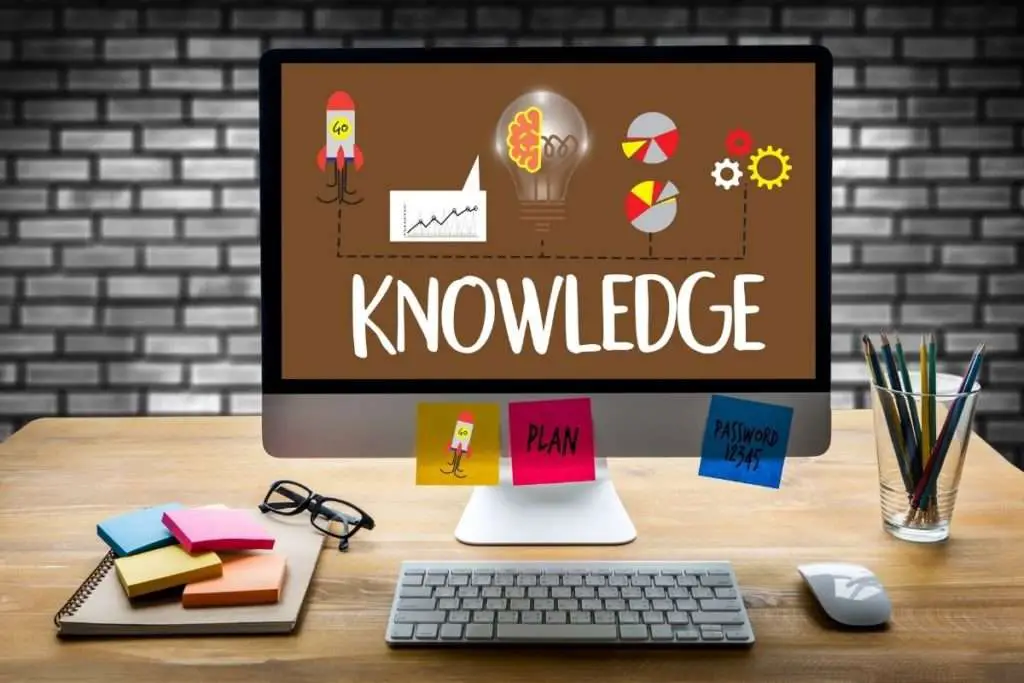
"The great aim of education is not knowledge but action". - Herbert Spencer
However, knowledge isn’t always helpful. This is especially true when knowledge leads to indecision.
Unfortunately, the problem with knowledge is that we don’t always know what to do with it. In fact, if we gain a lot of information about something but don’t understand how to apply it, then our discovery usually has no practical use for us.
Also, the quest for increasing knowledge may encourage procrastination (activity avoidance), lack of motivation, and the tendency to settle for less than ideal (anti-goal striving).
Although the power of knowledge can’t be underestimated, we must develop the skill of knowing how and when to use the knowledge we gain. Further, in order to minimize the disadvantages we should work on developing the skill of applying knowledge effectively.
The skill of using knowledge
When we are dealing with our own health issues it can be a challenge to use what we have learned. However, developing the skill of using/managing your knowledge is important for making faster, better decisions and to stimulate growth and innovation.
That’s why I’d recommend following these steps to effectively manage knowledge:
- Assess/evaluate the health information
- Add value to the knowledge
- Identify gaps
- Correct discrepancies
- Improve knowledge
Essentially, you must develop the skill of unifying and synthesizing knowledge.
Why is the unity of knowledge important?
The unity of health knowledge is fundamental to the manifestation of wellness. Health is not simply a physical matter, but also encompasses the mental and emotional aspects of being alive. Our thoughts, emotions and perceptions are constantly influencing how our bodies react and interact.
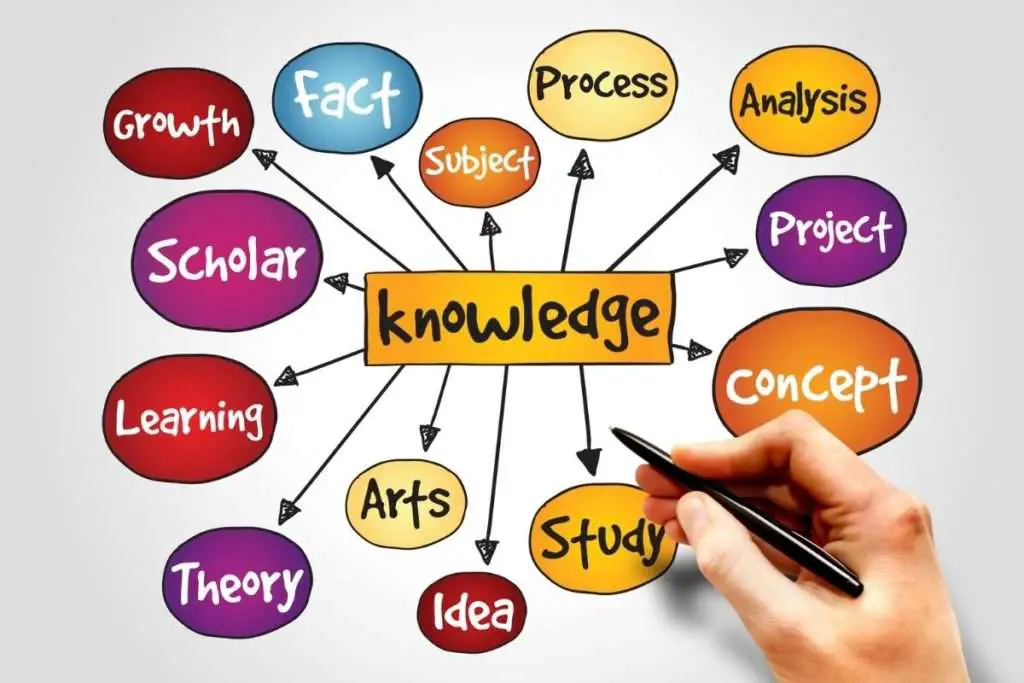
"To acquire knowledge, one must study; but to acquire wisdom, one must observe". - Marilyn vos Savan
When our knowledge is aligned, we are more likely to be able to find solutions to our problems. We can view a problem in many different ways. Conversely, when there are discrepancies and inconsistencies between knowledge, there are challenges to make decisions.
Firstly, you need to be fully aware of the existence of discrepancies and then, initiate the process of creating tailored knowledge.
The importance of knowledge in the pursuit of wellness
Knowledge is empowering. Once you have the knowledge about what to do, it will allow you to understand your situation better.
This will result in a positive domino effect in which you are more likely to make the changes needed for your own wellness. However, increasing your knowledge is just the first step.
How do you create knowledge for personal wellness?
We already know that knowledge is a prerequisite to developing and implementing new behavior. But, how do we build knowledge about our personal wellness.
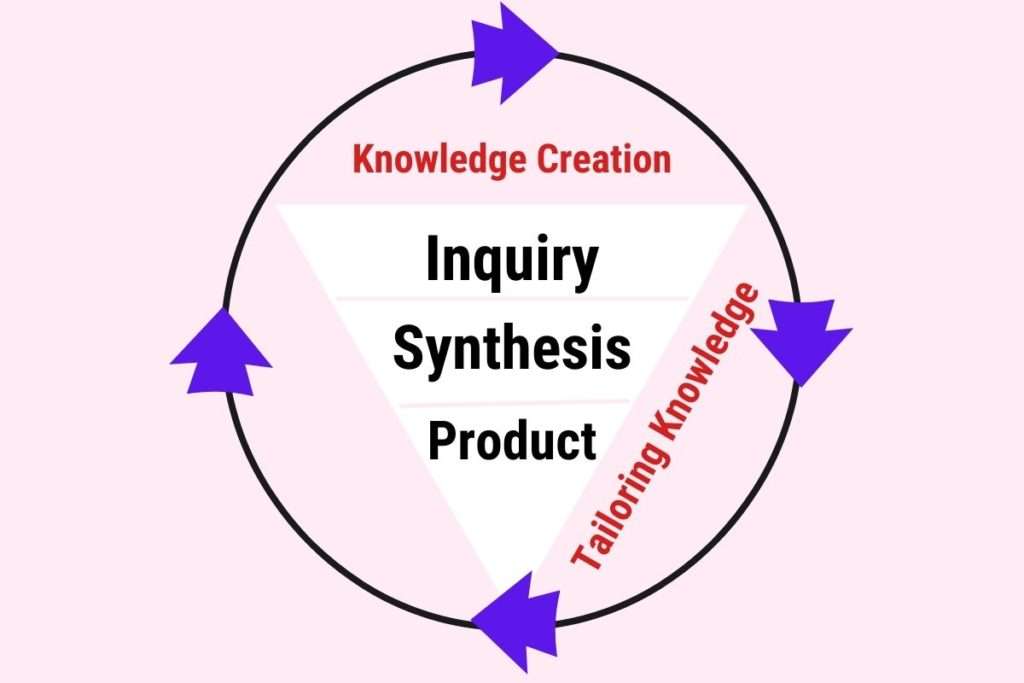
"All our knowledge begins with the senses, proceeds then to the understanding, and ends with reason. There is nothing higher than reason". - Immanuel Kant
Building knowledge usually starts with having a knowledge inquiry. It is a state of being curious about something.
Actually, we all have specific knowledge inquiries at different points in time. However, we need to find ways for these inquiries to be accurately answered. Then, this knowledge needs to be tailored or synthesized to the specific situation.
Additionally, it is important that knowledge is gained from experts so that it is rich, accurate and meaningful.
Check the table below to discover the different types of knowledge.
| Type Of Knowledge | Characteristics |
|---|---|
| Explicit | Structured, Formal, Informative |
| Implicit | Learned skills, Application of explicit knowledge |
| Tacit | Intangible, Intuitive, Understood but hard to explain |
What is innate knowledge?
Innate knowledge is instinctive to the body. It is a sort of “map” that informs us when something is right or wrong at an intrinsic level. Innate knowledge cannot be taught.
However, although it is not gained by experience, it can be triggered by experience and interactions with different stimuli in your environment. Innate knowledge influences our actions because it is closely linked to our intuition.
Unfortunately, sometimes our intuition becomes tainted by our emotions and thoughts. But at it’s purest form, our intuition increases our sensitivity and knowledge of our body ( Markie, 2017). Subsequently, our intuition can guide and inspire us on our journey to wellness.
What is the difference between knowledge and intelligence?
Knowledge is not the same as intelligence. Intelligence is a potential ability to apply knowledge and solve problems.
However, intelligence without knowledge is of little value, and knowledge without intelligence can be dangerous.
Man’s greatest asset may be his mind, but the ability to direct it is an even greater asset that requires knowledge.
What are knowledge barriers?
Barriers are not only material or tangible things. They can also be thought patterns and emotions that prevent you from addressing your challenges. The barriers to knowledge include:
- Lack of motivation or time.
- Lack of a belief in one’s ability to act.
- Being preoccupied with other matters.
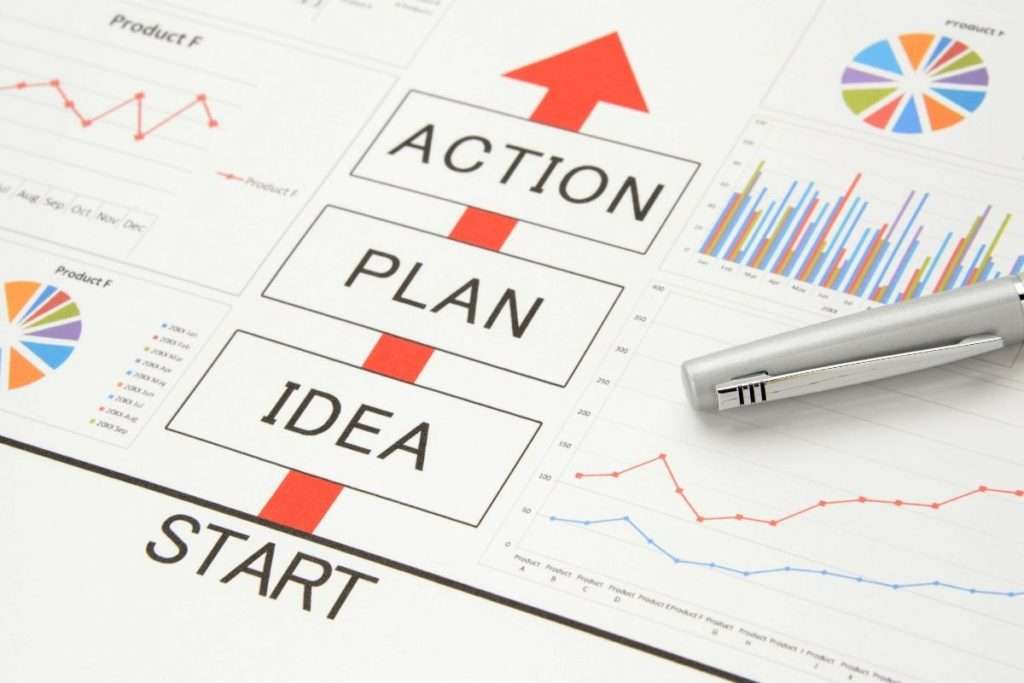
"Without knowledge action is useless and knowledge without action is futile". - Abu Bakr
Fortunately, knowledge barriers are not always permanent. To eliminate knowledge barriers, it is essential that we reevaluate the situation and improve our knowledge in order to strengthen ourselves.
To enhance our knowledge of connecting knowledge to action, let’s learn about an important conceptual framework.
What is the knowledge to action KTA Framework?
The knowledge to action or KTA framework is the method of combining knowledge and action to ensure wellness.
Essentially, it is a way to transform your thoughts into actions. This conceptual framework begins by identifying various challenges that require your attention.
Then, it helps you prioritize them based on importance, level of control, and how well-prepared you are for addressing each challenge.
The two important components of the knowledge to action framework are knowledge creation and the action cycle.
The action cycle
The action cycle transforms our knowledge into a physical manifestation by perpetuating a positive pattern that empowers us to act on behalf of ourselves and others.
This cycle usually begins when we have an instinctive awareness that something is amiss in our world (our body, mind or external environment).
Our knowledge is transformed into actions in order to strengthen and support us to reach our goals.
Not only is it important that we adapt our knowledge to the specific situation, but we must also assess the barriers, implement tailored initiatives, and evaluate outcomes.
Action cycles are driven by an individual’s willingness to implement change, and the process is a journey that leads to self-awareness, knowledge of one’s environment, and an opportunity for growth.
For the action cycle you must:
(1) Plan: Develop a SMART plan.
(2) Reflect: Consider the consequences of your actions.
(3) Choose: Make decisions based on reflections.
(4) Act: Carry through with decisions.
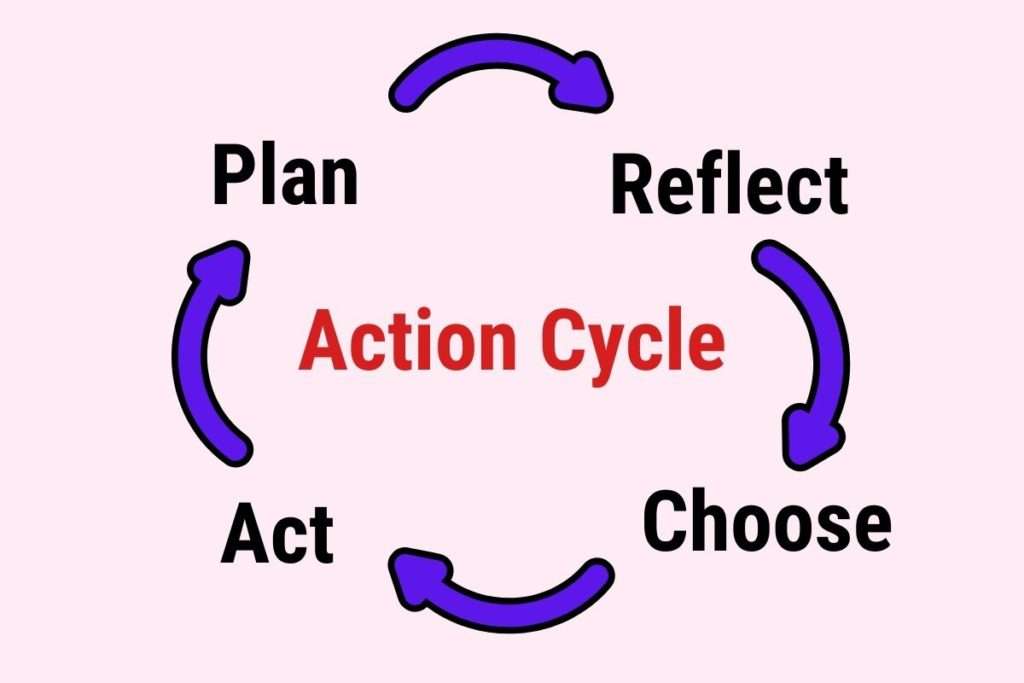
"Knowledge, understanding, and wisdom is naught to the man who is incapable of applying it". - Joshua Romqn
The power of action
Action is essential for achieving wellness. Unfortunately, knowledge does not always translate into action because many people lack the necessary resources to put their knowledge into practice.
Having knowledge about how you are supposed to be living your life will not help you if you don’t act on it.
Action begins with a thought, this can lead to information gathering and processing as well as goal setting.
Once you know what you should be doing to achieve optimal health, it won’t make a difference unless you actually do something about it.
Action and its role in achieving wellness
Even though knowledge is important, it takes action to get you there. In order to take the next step towards optimal health, you must make a commitment and stick with it.
It’s your actions that will enable you to actually achieve the health status that you desire.
Additionally, each time that you follow through with your decision to act you’ll be more motivated to keep going.
Self-care as a means to an end – taking care of ourselves so we can take care of others
If you’re wondering where to get started, self-care is the best place to begin. When you are feeling well, it is going to enable you to help and serve others better.
However, if you don’t take care of yourselves first, then you won’t be able to give your best. Taking care of yourself can provide a positive ripple effect for those around you.
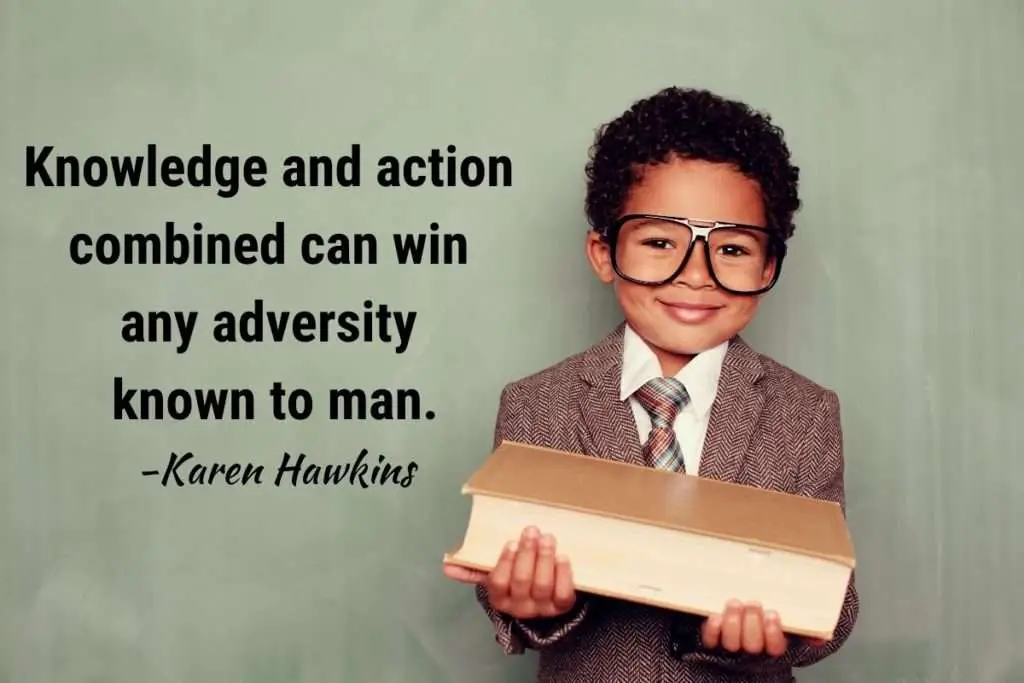
"Knowledge is potential; action is power". - Tony Robbins
If you haven’t yet check out my blog posts on self care:
- Physical self-care care ideas to keep you going.
- Psychological ideas for self-car to transform your life.
- Spiritual tips for self-care to boost your health.
Taking action to prevent illness and injury
An ounce of prevention is worth more than a pound of cure. You can prevent some illnesses and injuries with proper health care and treatment.
However, there are several instances in which you cannot avoid illness or injury. If this situation does occurs, your knowledge can also lead to a faster recovery time.
Creating a wellness plan that works for you
Creating a plan that will help you achieve wellness can be a great idea. In fact, having a personalized plan, will give you the opportunity to understand what exactly you should be doing in order to stay well.
It is easy to get frustrated which pulls focus away from achieving optimal health. However, if you have your plan written out, it will help you to stay on track.
When creating your wellness plan , it is helpful to use the methods that you feel most comfortable with.
There are numerous ways to do this and the right way for you will vary depending on your personality. However, although having a plan can drastically enhance achievement, it is crucial to remain flexible and open to beneficial alternatives that may arise.
How to put your knowledge into action?
To bridge the gap between knowledge and action , you can do a few things. One is to be hungry for knowledge, another is to research as possible.
Seek knowledge from those who have had similar experiences. Learn what were their biggest hurdles and the strategies they used to overcome them?
Then, stay committed. Make it part of your life (like eating and breathing).
If you’re doing something as simple as going for a walk or run, put it on your calendar and work it into your day.
It can take multiple attempts to develop productive habits (not just in business) but make sure you stick with it until success is inevitable.
The third thing I would suggest is to have a plan ready to carry out when the opportunity presents itself.
If you’re doing something, have a ‘next step’ for moving forward to ensure that you get actionable results and utilize your knowledge effectively.
If you can do those three things consistently, I think you’ll be moving in the right direction towards bridging the gap between knowledge and action.
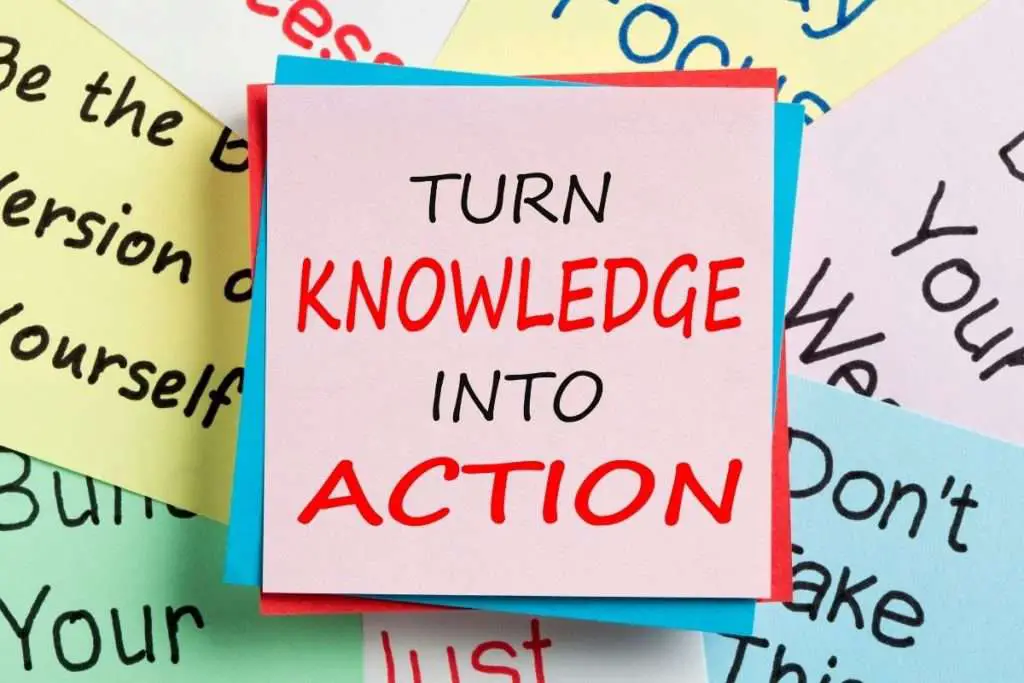
"Knowledge without action is vanity and action without knowledge is insanity." - Imam Ghazali
Finding support from others in your community
Support from others can be useful especially when they have experienced what you are going through. When you find support in your community, it can help to strengthen your resolve to connect your knowledge and action.
Additionally, the support and encouragement of others can provide motivation to keep going and move forward.
Other individuals may help increase your knowledge and provide actionable steps that you can take to improve your health.
The people around you can serve as a tremendous support system during the pursuit of optimal wellness.
Living life with purpose and meaning
Increasing your knowledge will help you take the necessary steps to achieve wellness.
However, you need to have a purpose in life and be engaged in activities that help you move forward towards your goals. This is where the power of action comes into play.
When you are focused on activities that will improve your health, it gives your life meaning and allows you to keep moving forward, despite any obstacles that may arise.
Final words on the relationship between knowledge and action
Knowledge is power, but it’s just not enough. If you want to see changes in your life and your wellness goals, then make sure that you know how knowledge translates into action.
Unfortunately, this might be easier said than done.
But, if you consistently take small steps towards achieving a goal or start working on something new each day, over time you will build momentum.
Then, change will finally become inevitable. What do you need to start doing today?
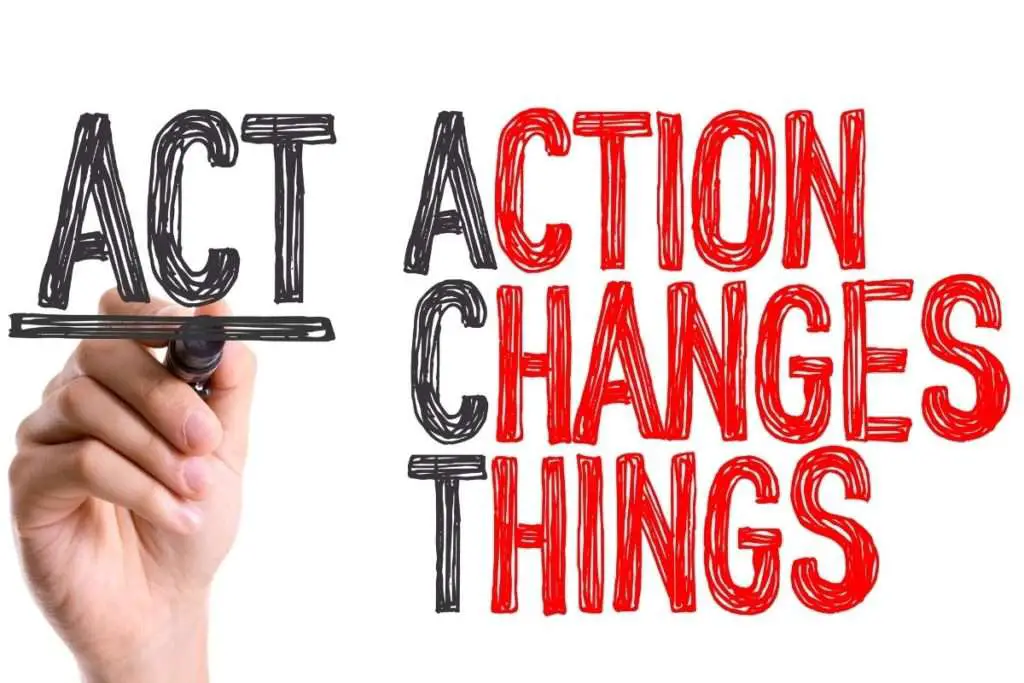
"Knowledge without action is wastefulness and action without knowledge is foolishness." - Unknown
Related Topics
Is Intelligence linked to improved health?
According to statistics, being intelligent can be a contributing factor towards improving your health and keeping diseases at bay.
The reason is that individuals who are more intelligent tend to have better access to resources, education and information.
In fact, studies indicate that more intelligent individuals tend to live healthier lifestyles and have better access to healthcare when they need it (Wraw et al., 2015).
There have been studies done showing that intelligence can predict longevity.
These studies indicate that lower intelligence is an important risk factor for higher mortality and poorer health (Wraw et al., 2015).
Reasons for the link between intelligence and improved health?
This correlation could be due to a number of reasons. For example, higher intelligence could be related to a person’s potential to earn more money and have access to better healthcare.
More intelligent individuals tend to be in higher social classes which are often associated with lower mortality rates (Wraw et al., 2015).
Do you think intelligence is linked to improved health? Share your thoughts on the comment section below!
How does poor nutrition affect intelligence?
Poor nutrition and dietary habits may hinder cognitive ability because of the food that you consume. According to experts, there is an association between diet and intelligence.
A healthy and nutritious diet can help to improve your overall brain function which would result in higher levels of cognitive performance.
For instance, poor nutrition may lead to health problems like iron deficiency which could negatively affect neurodevelopmental processes and cause cognitive decline in intelligence, attention and perception.
What are some examples of dietary shifts that could improve intelligence?
According to experts, eating foods that offer a healthy amount of vitamins and minerals is an important factor involved in cognitive development.
There have been studies showing that improved nutrition can help to protect against age-related decline in cognitive function.
Fruits and vegetables contain a variety of vitamins, minerals and antioxidants.
As such, a diet high in fruits and vegetables has been linked to improvements in mental ability.
Read more about the benefits and importance of healthy breakfast.
READY TO TRANSFORM YOUR SELF-CARE ROUTINE?
It’s time to make self-care a delight instead of a chore.
This incredible free resource comes packed with features for tracking everything from your daily water intake to how many steps you take.
References:
Field, B., Booth, A., Ilott, I. et al. Using the Knowledge to Action Framework in practice: a citation analysis and systematic review. Implementation Sci 9, 172 (2014). https://doi.org/10.1186/s13012-014-0172-2
Markie, Peter, “Rationalism vs. Empiricism”, The Stanford Encyclopedia of Philosophy (Fall 2017 Edition), Edward N. Zalta (ed.), URL = <https://plato.stanford.edu/archives/fall2017/entries/rationalism-empiricism/>.
Meusburger, P., Werlen, B., & Suarsana, L., (2017) Knowledge and action. Knowledge and Space. Available here: https://rd.springer.com/book/10.1007/978-3-319-44588-5
Wraw, C., Deary, I. J., Gale, C. R., & Der, G. (2015). Intelligence in youth and health at age 50. Intelligence, 53, 23–32. https://doi.org/10.1016/j.intell.2015.08.001
Rushana Greenidge-Horace

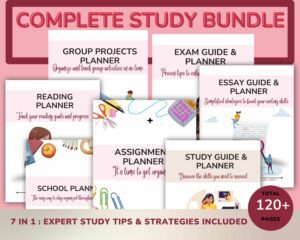
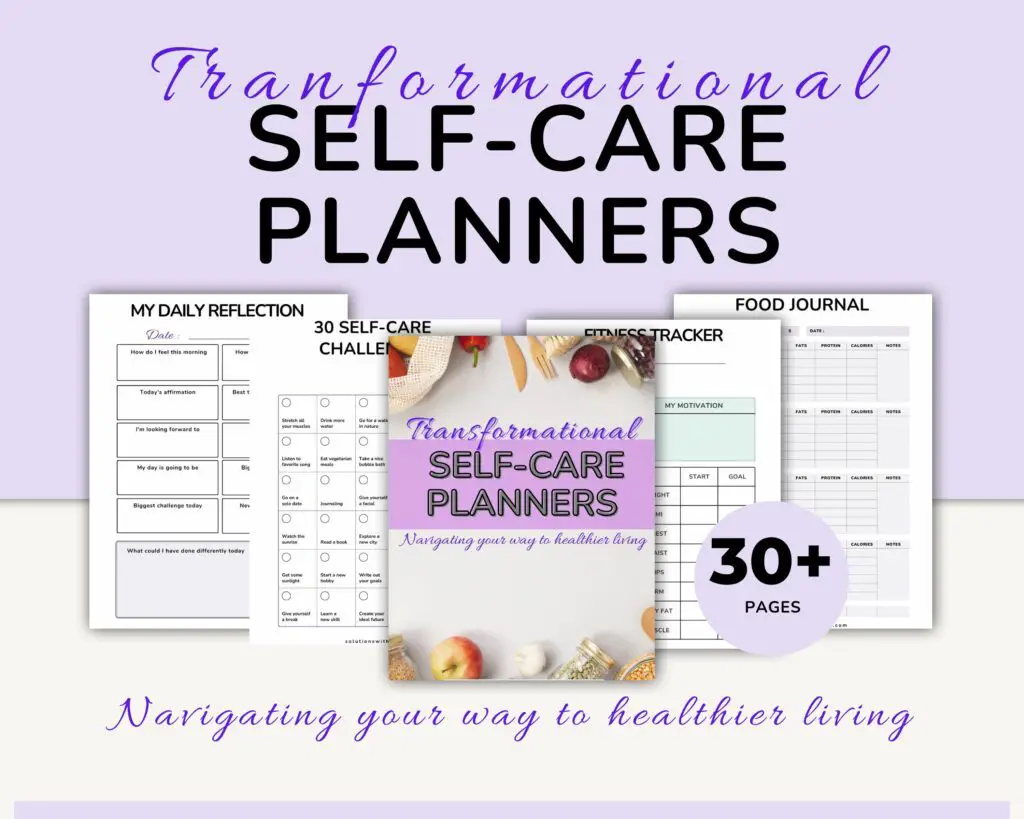









Leave a Reply